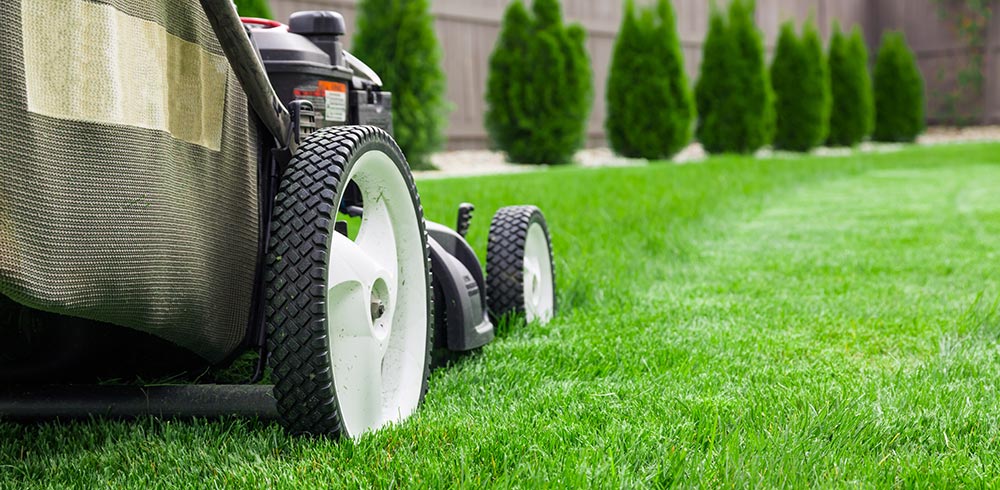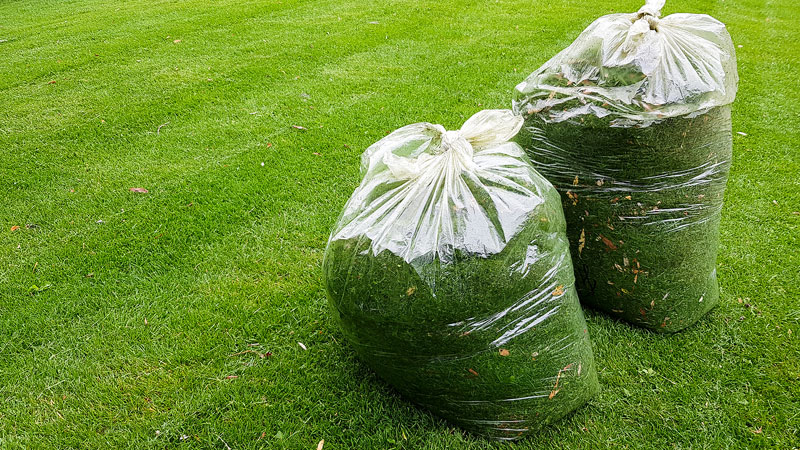Maintaining a lush and healthy lawn requires proper care and attention throughout the year. Whether you’re a seasoned gardener or a beginner, this article will provide you with the essential tips and practices for effective lawn care. From mowing techniques to watering schedules, we’ll guide you through the basics of lawn maintenance to help you achieve a vibrant and inviting yard.

- Mowing Practices: Regular mowing is crucial for a well-maintained lawn. Set your mower blades to the appropriate height to avoid cutting the grass too short, as this can stress the plants and make them more susceptible to disease and weed invasion. Aim to remove no more than one-third of the grass blade’s length with each mowing session. Additionally, remember to keep your mower blades sharp for clean and even cuts.
- Watering Strategies: Proper watering is essential for the health of your lawn. Deep and infrequent watering encourages strong root growth and resilience. Water your lawn early in the morning to reduce evaporation and allow the grass blades to dry before evening, minimizing the risk of disease. Aim to provide around 1 inch of water per week, including rainfall. Use a rain gauge or empty tuna can to measure the amount of water applied during irrigation.
- Fertilization and Soil Health: Regular fertilization helps provide essential nutrients for your lawn’s growth and overall health. Conduct a soil test to determine any nutrient deficiencies and apply a balanced fertilizer accordingly. Consider using organic or slow-release fertilizers to promote gradual nutrient release and minimize the risk of nutrient runoff. Aerating your lawn once a year can also improve soil compaction and allow better nutrient absorption.
- Weed and Pest Control: Preventing and managing weeds and pests is crucial for maintaining a pristine lawn. Regularly inspect your lawn for weeds and manually remove them or use targeted herbicides when necessary. Implementing proper lawn care practices, such as proper mowing height and adequate watering, can also help discourage weed growth. When dealing with pests, identify the specific problem and choose environmentally friendly pest control methods to minimize harm to beneficial insects and the ecosystem.
- Seasonal Lawn Care: Lawn care needs vary throughout the year. Adjust your maintenance practices based on the season. In spring, focus on dethatching, aerating, and overseeding to rejuvenate your lawn after winter dormancy. Summer requires proper watering and protection against heat stress, while fall is an excellent time for fertilization and weed control. Winter lawn care involves minimizing foot traffic and preparing your lawn for the colder months.
Achieving a healthy and vibrant lawn requires consistent care and attention. By following these essential lawn care tips, you can create a lush and inviting outdoor space for your family and friends to enjoy.



